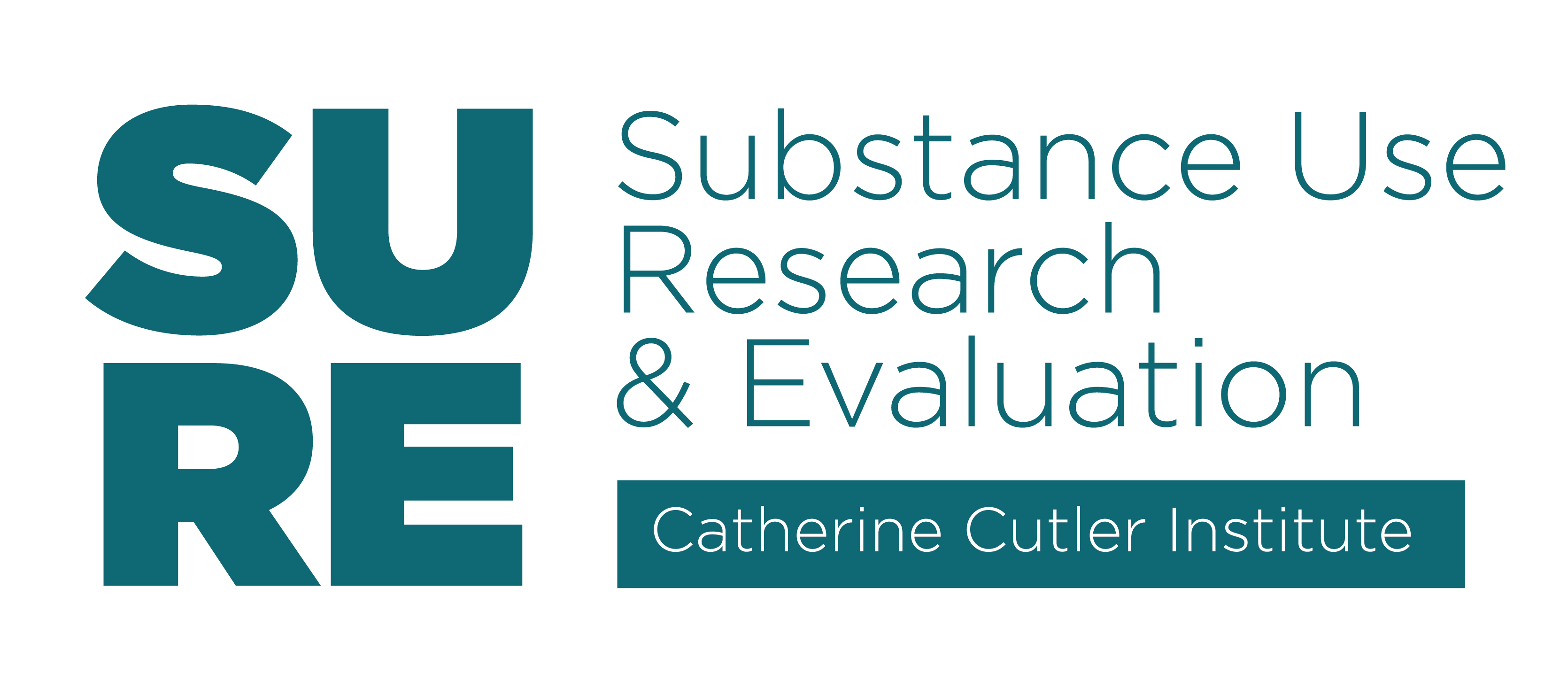Document Type
Issue Brief
Publication Date
10-2021
Abstract
This summary highlights feedback from focus groups with providers across Maine who currently address the needs of persons with substance use disorder (SUD). These providers represent individuals working in the following organizations: Health Systems, Behavioral Health Agencies, Residential Treatment, Community Recovery Programs, Opioid Treatment Programs (OTP), Emergency Medical Services (EMS), First Responders (EMT, fire, police), and law enforcement (e.g., Sheriff’s Office, Corrections). This summary report is designed to provide feedback to the Office of MaineCare Services to help inform their strategic planning process to increase statewide capacity for SUD treatment and recovery service capacity to better meet the needs of individuals with SUD in Maine. The focus group interview guide was designed to assess critical domains of interest for the state, which include current and potential provider capacity; referral capacity; access to care & service delivery; provider willingness; and administrative & procedural policies.
Key Highlights from the interviews indicated that:
- Telehealth has emerged as a major facilitator to treatment access at all levels of care and should continue to be a reimbursed service for SUD treatment, where appropriate.
- Emergency rooms and jails are at the forefront for Medication Assisted Treatment (MAT) induction for OUD. While these are excellent models for care in Maine, particularly for engaging vulnerable populations in treatment, they should be used in concert with a broad spectrum of community-based services.
- Co-located services and effective communications across service providers are integral to creating a robust continuum of care for SUD in Maine.
- Staffing shortages coupled with reimbursement rates for some SUD services including outpatient therapy, residential treatment, medically supervised withdrawal services and intensive outpatient treatment programs affect the quality as well as availability of providers, and impact access to services statewide. The need for medically supervised withdrawal services is dire in Maine.
- Increased awareness and training opportunities to help alleviate stigma, including peer mentorship from other providers and colleagues, would help build provider capacity to treat and refer patients with SUD.
For more information, please contact M. Lindsey Smith, PhD., at m.lindsey.smith@maine.edu
Recommended Citation
Smith ML, Rosingana K, Ali E, Egeland T, Pearson K, Richards M. SUPPORT for ME: Provider focus group summary. University of Southern Maine, Cutler Institute;2021 October.
Included in
Health Policy Commons, Policy Design, Analysis, and Evaluation Commons, Substance Abuse and Addiction Commons







Comments
This project is supported by the Centers for Medicare and Medicaid Services (CMS) of the U.S. Department of Health and Human Services (HHS) as part of a financial assistance award totaling $2,144,255 with 100 percent funded by CMS/HHS. The contents are those of the author(s) and do not necessarily represent the official views of, nor an endorsement, by CMS/HHS, or the U.S. Government.